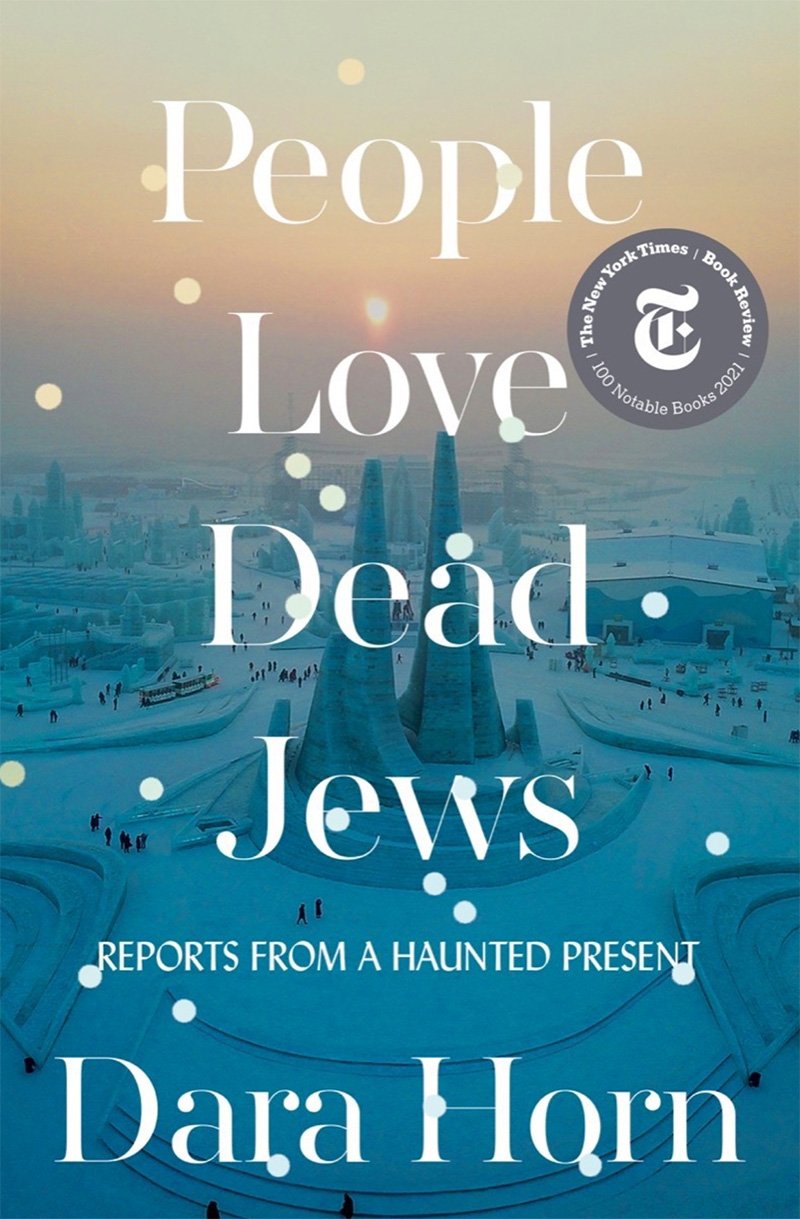Today’s Jews crave a combination of flexibility, choice, and meaning—not just rigid and routine programs. Organizations call Beth Cousens when they realize they must adapt and evolve to meet this moment, just as the Jewish people have done for centuries.
With a deep understanding of the “customer” and a strong vision of what can be, we help organizations make hard choices about the programs and services they offer now and then work with them to create authentic encounters that are accessible and rich with tradition.
We help you build new muscles that prioritize engagement, experimentation, measurement, and evaluation. In turn, you contribute to a more vibrant and inclusive Jewish community.
What I’m reading:
-

Why I loved it:
For years, Sherry Turkle has been a go-to for understanding how our increased time on-screen and online has shifted the ways we see ourselves, each other, and our connections. Her memoir is infused with a sense of yiddishkeit, the nuance of relationship (no surprise), and humility. It reminds us that career paths are rarely obvious; we all have insecurities, and empathy takes work but is better than any alternative.
-

Why I loved it:
I was slow to pick this up. I should have read it on publication day. Memory animates Judaism, but our memories are, by design, inaccurate and even broken. What unites Horn’s essays are the challenges that emanate from that idea: that we needlessly experience angst when we privilege memory over history; that non-Jews hold (and distort) Jewish memories for competitive sport; and, simultaneously, that Jewish memory has protected and inspired us even as it has harmed us. It is a book of multiple truths and hard, but critical, to hold.
-

Why I loved it:
Growing up, my house was loud. My father is a (labor side) labor lawyer and prides himself on his capacities to debate and speak articulately (and at length) with no preparation. I learned to prize my same skills. Years later, I have kids who are not exactly quiet, but they are slow to warm. My daughter skips her turn in the morning circle. My son goes weekends without asking for a playdate. In her analysis of the introvert, Susan Cain offers a complex and critical understanding of beauty in all kinds of personalities. Many of us have been taught to aspire to the “extrovert ideal.” It turns out that there are all kinds of good in the ranges of ways that we think, create, and interact. As individuals, we can find and live by our own strengths; as leaders, we should shape communities that bring out the best in everyone.
-

Why I loved it:
Fine dining could be primarily about the food—and the chef. For Will Guidara, it’s not, but it’s also not about the customer. It’s about what happens when all of these meet; when the chef, restaurant leadership, waitstaff, and customer are united to shape an experience toward a sense of purpose. Jewish community shouldn’t be centered around the customer. But it should be oriented to the customer, recognizing that it’s not easy for most to be in a Jewish space, and ensuring that any person is comfortable enough to achieve what they’re there for. Unreasonable Hospitality can be a model for the development of practices that allow us all to build new environments that facilitate true engagement.
